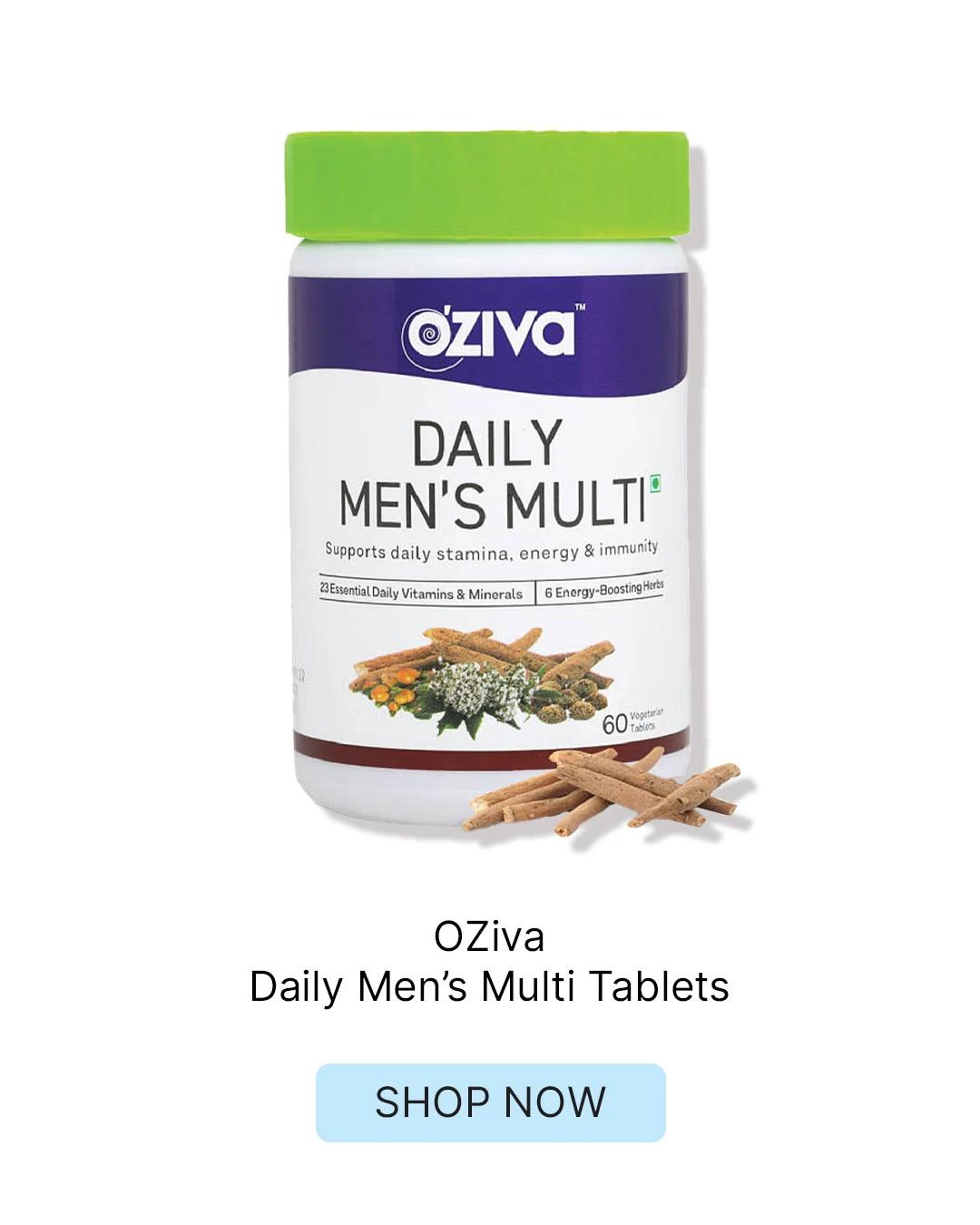Your hormones are like that friend who's either your biggest cheerleader or the one causing all the drama. One day you're feeling fab, the next you're crying over a cereal advert. Sound familiar? Real talk, hormonal imbalances can mess with everything from your mood to your skin to your energy levels. But here's the good news: the right vitamins can be absolute game-changers for women's endocrine health. Think of them as your natural hormone regulators, working behind the scenes to keep everything in check. Let's dive into the seven essential vitamins that might just become your hormonal balance squad.
Understanding Female Hormonal Balance
Your body produces dozens of hormones, but the main players for women are oestrogen, progesterone, testosterone, thyroid hormones, cortisol, and insulin. These chemical messengers control everything from your menstrual cycle to your metabolism, mood, and sleep patterns. When they're balanced, you feel like you can conquer the world. When they're not? Well, that's when things get a bit chaotic.
Hormonal imbalances can happen for loads of reasons. Stress, poor diet, lack of sleep, environmental toxins, and even certain life stages like puberty, pregnancy, or menopause can throw things off. The symptoms are pretty telling too: irregular periods, mood swings, weight gain, fatigue, skin issues, and brain fog are just some of the signs your hormones might need some TLC.
The Role of Vitamins in Hormone Regulation
Vitamins aren't just about preventing scurvy anymore. These micronutrients are essential cofactors in hormone production and regulation. They help your body make hormones, transport them where they need to go, and even help break them down when their job is done. Without adequate vitamins, your endocrine system can't function properly.
Some vitamins directly support hormone production, whilst others help manage the stress that can disrupt hormonal balance. Many women find that hormone balancing supplements can fill nutritional gaps that diet alone might miss. It's worth noting that whilst food sources are always ideal, sometimes targeted supplementation can provide the concentrated support your body needs.
7 Essential Vitamins for Female Hormone Balance
These seven vitamins have earned their spot on the hormonal balance hall of fame. Each one brings something special to the table, supporting different aspects of your endocrine health.
Vitamin D: The Sunshine Vitamin
Vitamin D is basically the MVP of hormonal health. It's technically a hormone itself and plays a crucial role in regulating other hormones. Research shows it supports healthy oestrogen levels and can help with conditions like PCOS. Your ovaries, uterus, and placenta all have vitamin D receptors, which tells you how important it is for reproductive health.
You can get vitamin D from sunlight, fatty fish, and fortified foods, but many women are deficient. A good quality supplement might be worth considering, especially during winter months.

